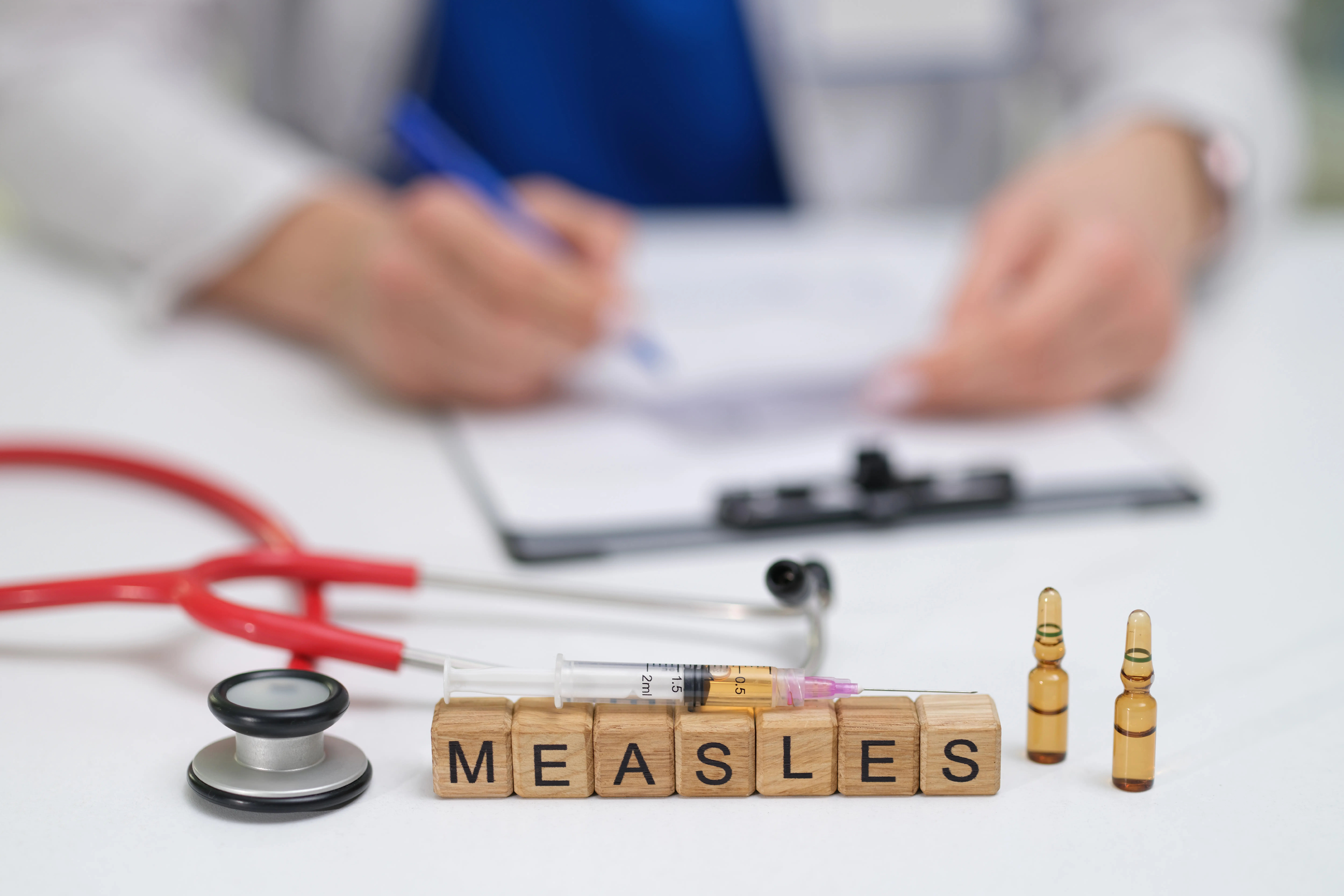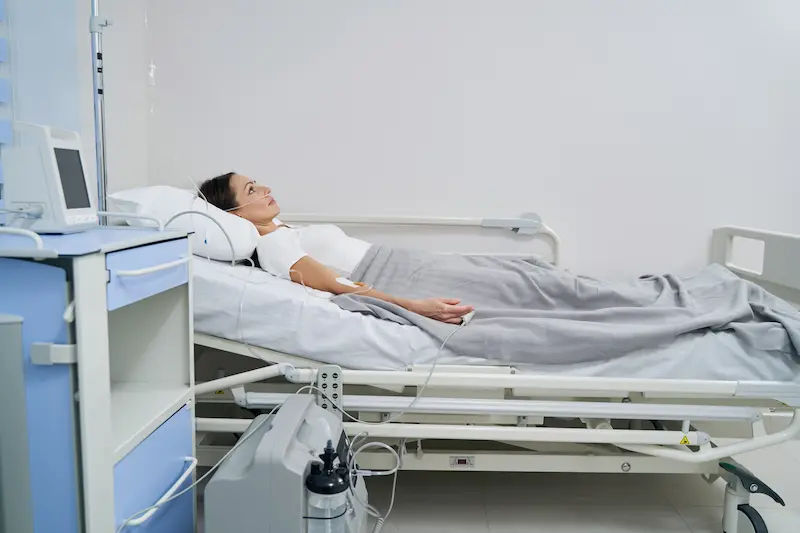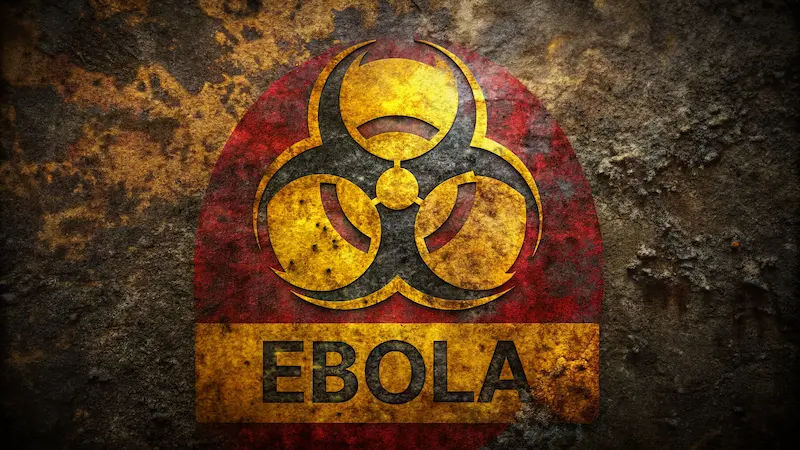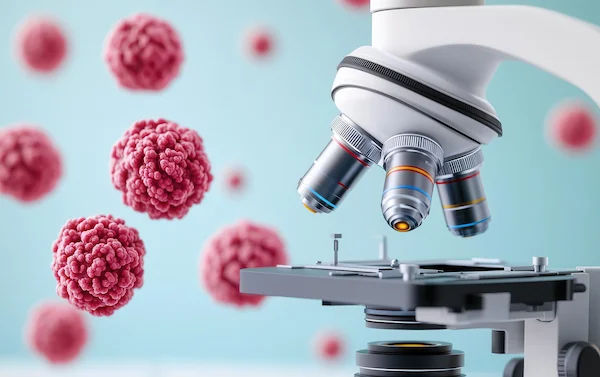- male
- 21 Years
- 29/01/2025
I'm really worried about my brother. He's 21 and had a fever for a long time, and we found out he has TB in his neck. The doctors at the government hospital put him on a treatment with 6 rifampicin pills daily, and after 6 months the node size decreased from 43mm to 29mm. They told him to continue for another month, but after that, they didn't do any follow-up or further checkups before stopping the treatment. Is it normal to stop the treatment without checking if the infection is completely gone or if the node size has decreased more? Should we try to get more checkups to make sure everything's okay?
Answered by 1 Apollo Doctors
no donot stop this treatment without consulting your doctor
Dr. Mubarak Suggests...
Consult a Infectious Disease specialist
Answered 04/07/2025
0
0

More Infectious Disease Health Queries
View allI've got a question about the rabies vaccine. So, I had the full rabipur course back in November and December 2019. But then I got exposed again in February 2020 from a dog lick and took booster dosesone on February 4th, another on February 28th, then March 28th, and the last one on April 27th. Now, I'm worried about how long I'm actually protected. If I have another incident like a bite or a lick in the future, what should I do? Can you give me some guidance on this?
Once u complete all your doses
Answered by 1 Apollo Doctors
my close family member has spinal TB affecting the L4 and L5 discs and is getting treated with surgery and a 9-month medication course - can this disease spread to others at home or is it contagious
Spinal tuberculosis, or Pott's disease, is generally not directly contagious in the way that pulmonary TB is. The infection typically spreads through the bloodstream from a primary infection, often in the lungs, to the bones and discs in the spine.
Answered by 1 Apollo Doctors
Is it possible to catch HIV from a fingernail? I'd really like to understand more about how HIV spreads, just to ease my worries a bit.
if BLOOD COMES IN CONTACT THERE ARE CHANCES IF NOT MINIMAL RISK OF GETTING INFECTED
Answered by 1 Apollo Doctors
Disclaimer: Answers on Apollo 247 are not intended to replace your doctor advice. Always seek help of a professional doctor in case of an medical emergency or ailment.





